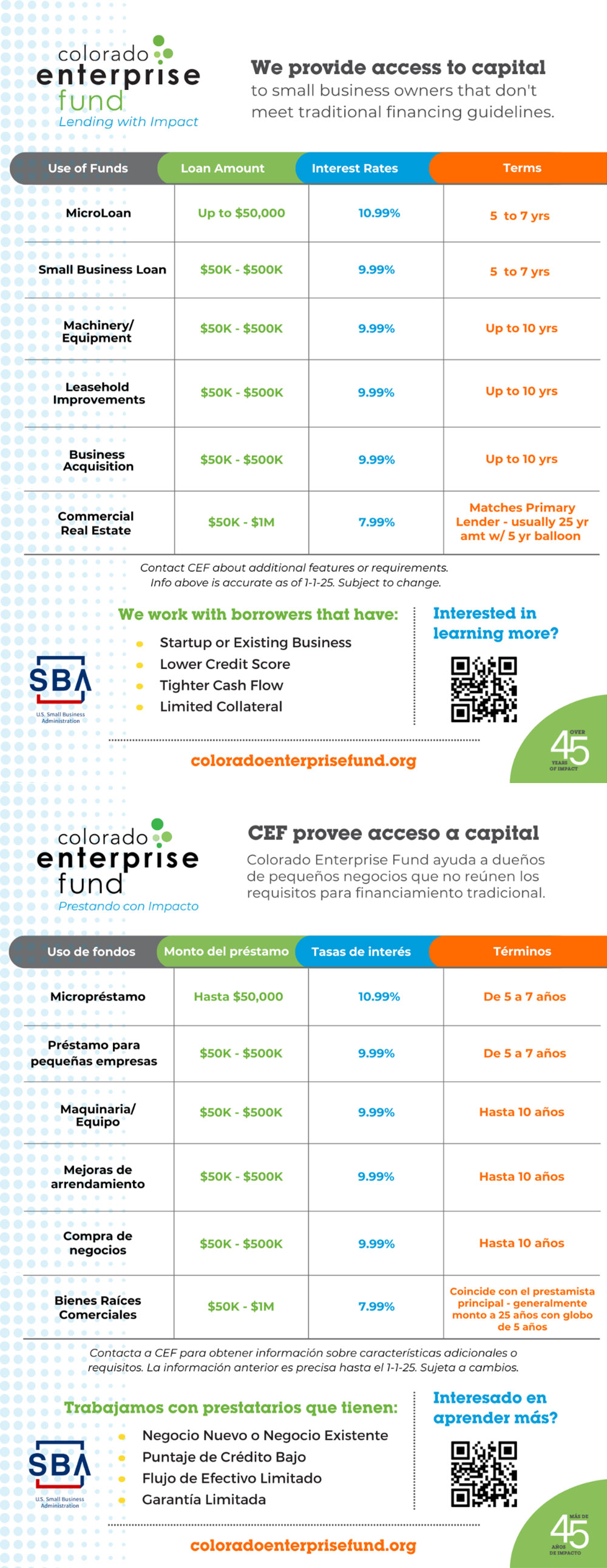How-To: Limit Cash Out by Negotiating Your Lease Payment During COVID-19
Historically, small business tenants have had limited bargaining power when negotiating with landlords, leaving the power in the hands of the landlord and the small business owner at his mercy. With the novel coronavirus pandemic of 2020, however, the power has shifted. Many businesses have been forced to close and, now, your landlord may be facing a late or missed payment from you, with no clear sight of another tenant waiting in line to take your place. Your missed payment may become several missed payments and your landlord may be worried about his/her own mortgage payments for the building you are renting space in.
In this post, we’ll show you the key things you need to look for in your lease and provide seven suggestions on how you can lead a positive discussion in negotiating your lease payments with your landlord. With some strategy and planning, your discussion may go better than expected and, ultimately, help you to limit cash out to help you ride the coronavirus wave longer.
Know Your Lease
To know your lease, you must read your lease. Keep an eye out for two key things you may be able to use in order to make a strong case for why your landlord should consider negotiating your lease payments:
-
The section labeled, “force majeure”:
-
This term means forces beyond anyone’s ability to control, like a flood or earthquake. “Act of God” is a synonym. Much debate is happening right now whether a pandemic qualifies as a “force majeure.” The common answer is that it may very well qualify as such.
-
Most leases excuse the landlord for not performing their side of the bargain if there is a “force majeure” but say little about excusing the tenant. Most say a “force majeure” does not ever excuse the tenant from making a lease payment on time. Find out exactly what rights, if any, you have under a “force majeure” as outlined in the terms and conditions of your lease agreement. You may choose to consult with a real estate attorney.
-
-
The section about “abandonment” or “vacation” of the leased space.
-
It probably says if you don’t keep your doors open, the landlord can evict you. Of course, this section will not speak to being forced to close your doors because of an order from the city or state. Regardless, realize your landlord’s interest is that their property doesn’t look like it has been abandoned.
-
Whether or not these sections lean in your favor, it’s important to understand the various sections of your lease so that you can prepare yourself to have a conversation with your landlord. If they do happen to lean in your favor, then you’re in luck and can speak to those points in your conversation.
After you have a clear understanding of your lease agreement, it’s time to plan for how you’ll approach your landlord.
Get Access to Our Full Library of Small Business ResourcesThe Talk:
Plan to talk to your landlord virtually, over Facetime of Skype, so you can meet with them "face-to-face". The less distant and more personal the communication, the easier it is for someone to let down their walls that could prevent agreement. Also, realize that you do have some power! Besides the points about your bargaining power above, your plans to keep your business going, after the pandemic, speaks volumes about your good character.
Follow the below seven tips to help you lead a positive discussion in negotiating your lease payments with your landlord.
-
Recognize the humanity of your landlord who has been going through a lot, just like you. Say so. Express your empathy.
-
Explain your current business activity and what it looks like over the next month or so, even if it’s not much. If no activity, say so. Be as specific as you can.
-
If no business activity (e.g. the city has closed down your business) make the commitment that you or a member of your management team will go to the premises each day to make sure the heat and air are still working and that the space is secure, safe, and tidy.
-
Explain that you plan to resume normal business activities after conditions improve.
-
State that you recognize the pandemic is a “force majeure,” as discussed in the lease. If it’s what your lease states, say you understand the lease requires you to pay anyway.
-
If you can, say you will be making partial lease payments. Even if you can pay only $100, partial payments show your commitment. State an exact amount even if you realize the figure may change later.
-
Say you will make up any missed dollars after conditions improve.
Other things to remember:
-
Do not say you are in default of your lease. Those words could be used against you.
-
One way people make up missed payments is with higher payments starting at some future time. If your landlord wants interest on dollars not paid, agree with any reasonable proposal.
-
Follow up in writing: You take control when you send a carefully worded email recounting the discussion. Remember, do not say you are default of your lease.
-
In addition to the email, put the words of the email in a printed letter. Send it by registered mail so you get a receipt that your landlord has received it. Remember to use words fairly representing your landlord’s point of view. Be fair to yourself as well.
-
Engage a real estate attorney to write an addendum to the lease, expressing the informal agreement in a formal fashion. This needs to happen, but it doesn’t have to happen today.
While every situation is different, one thing remains true across the board: if you don’t ask, the answer will always be no. Though it might seem daunting, if you remember the key parts of your lease and speak to your landlord factually, but also with empathy, you may be able to negotiate a deal that, at the end of the day, is a winning situation for you both.
See the Full Guide + Other Small Business Guides, Ebooks, and More
CEF’s advisors provide helpful suggestions of an educational nature that are not intended to mandate or supersede the business practices or decisions of your Company, its owners or managers. The information provided in this guide does not, and is not intended to, constitute legal advice; instead, all information, content, and materials available herein are for general informational purposes only. You should contact your attorney to understand your rights and for legal advice about your specific situation.
This information was created in partnership with Northern Initiatives and participating entities through Initiate Prosperity. Check out the full library of small business resources on the Initiate Prosperity: Powered by CEF site.



